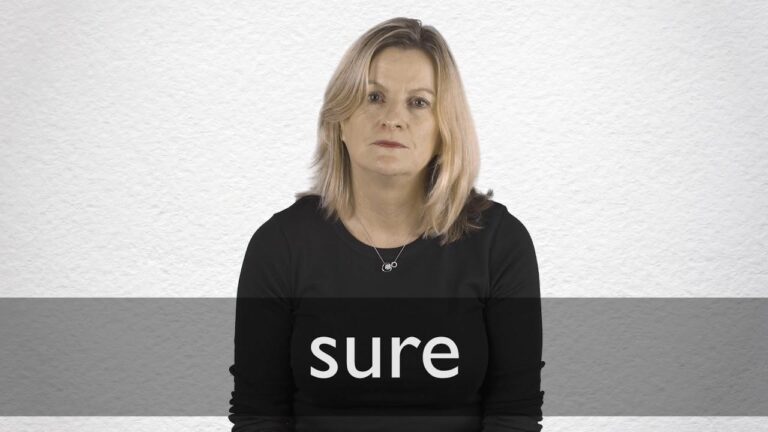The Horn of Africa: Somalia’s Journey Towards a Sustainable Resolution
Nestled within the volatile Horn of Africa, Somalia is a nation that has endured years of conflict, clan disputes, and political upheaval. Yet amidst these challenges, there is a glimmer of hope as conversations about achieving a “final resolution” to the ongoing turmoil gain traction. As regional powers and global entities ramp up their efforts to establish stability, it becomes crucial to navigate Somalia’s intricate social, economic, and political landscape with precision. This article delves into the complex interplay of factors at work in Somalia’s quest for peace by examining ancient contexts, current initiatives, and potential pathways toward enduring tranquility. With stakes at an all-time high, the dreams for a cohesive and stable Somalia depend on renewed dedication from both local leaders and international partners.
Historical Roots of Somalia’s Conflict and Their Impact on Stability
Somalia’s strife can be traced back through its colonial past when European powers divided the region in ways that sowed discord among ethnic groups. This fragmentation laid the groundwork for long-standing tensions that have persisted over time. After gaining independence in the early 1960s, Somalia faced significant political instability culminating in Siad Barre’s dictatorship beginning in 1969.Initially hailed for fostering nationalism and unity among Somalis, Barre’s regime ultimately resorted to oppressive measures that alienated various clans across the country. The fall of his government in 1991 triggered civil war—a period marked by widespread violence as warlords seized control amid an ensuing power vacuum.
The ramifications of this historical backdrop are profound and continue to influence contemporary dynamics within Somali society.Despite efforts aimed at establishing federal governance structures since then,clan divisions remain deeply entrenched—complicating national reconciliation endeavors substantially. Key contributors to this instability include:
- Clan Conflicts: Longstanding rivalries hinder effective governance while perpetuating cycles of violence.
- Radicalization Threats: Extremist factions like Al-Shabaab thrive amidst chaos—posing serious risks not only locally but regionally.
- Foreign Interference: External actors often complicate matters further through their interventions.
- Poverty Issues: High levels of unemployment drive many young individuals towards extremism or conflict engagement.
This multifaceted situation underscores why achieving stability requires more than just addressing immediate conflicts; it necessitates an understanding rooted deeply within historical grievances shaping today’s socio-political environment.
Evaluating Current Obstacles and Possibilities for Peace in the Horn of Africa
The Horn of Africa remains characterized by persistent conflicts alongside humanitarian crises exacerbated by political instability—Somalia being emblematic thereof where competing interests create formidable barriers against effective conflict resolution efforts.Militant groups, coupled with ongoing clan rivalries intensify existing tensions while external interventions sometimes add layers rather than alleviate issues faced on ground level.Key challenges include:
- Dysfunctional Governance: Weak state institutions struggle significantly with authority exertion or service provision.
- Crisis Conditions: Recurrent droughts lead not only to famine but also increased vulnerability among displaced populations.
- <strongRegional Tensions: Conflicting interests from neighboring nations frequently impact internal dynamics adversely.
A silver lining exists amid these challenges; recent diplomatic engagements aimed at reconciliation offer platforms where stakeholders can unite around shared objectives.Collaborative initiatives, focusing on national unity alongside economic growth present opportunities worth exploring further.Key possibilities include :
- Global Support : Increased investments directed towards strengthening governance frameworks could enhance state capacity significantly .
- Community Engagement : Local populations increasingly participate actively within peacebuilding processes .
- Economic Initiatives : Harnessing natural resources effectively may pave pathways toward stability & growth .
Strategic Guidelines for Global Participation & Local Empowerment Within Somali Contexts
A comprehensive approach intertwining international involvement with local empowerment is essential if we are ever going resolve protracted issues plaguing Somali society effectively.This strategy should prioritize core areas such as :
- Capacity Growth : Focus resources/training enhancing effectiveness local governance structures .
Â
Â
Â
Â
Â
ÂÂ Â
 Â
 Â
 Â
 Â
 Â
 Â
 Â
 Â
 Â
-
In summary , navigating through complexities surrounding horn africa particularly somalia reveals both obstacles along paths leading towards resolutions enduring conflicts . As diverse stakeholders collaborate navigating turbulent landscapes politically potential lasting solutions hinge upon commitment dialog reconciliation inclusive governance approaches required now more than ever given geopolitical ramifications affecting broader context moving forward international community must play pivotal role supporting somali journey peace stability creating environments aspirations citizens realized ultimately collective effort perseverance necessary enable horn emerge resilient united future ahead .
- Community Engagement : Local populations increasingly participate actively within peacebuilding processes .
- Global Support : Increased investments directed towards strengthening governance frameworks could enhance state capacity significantly .







